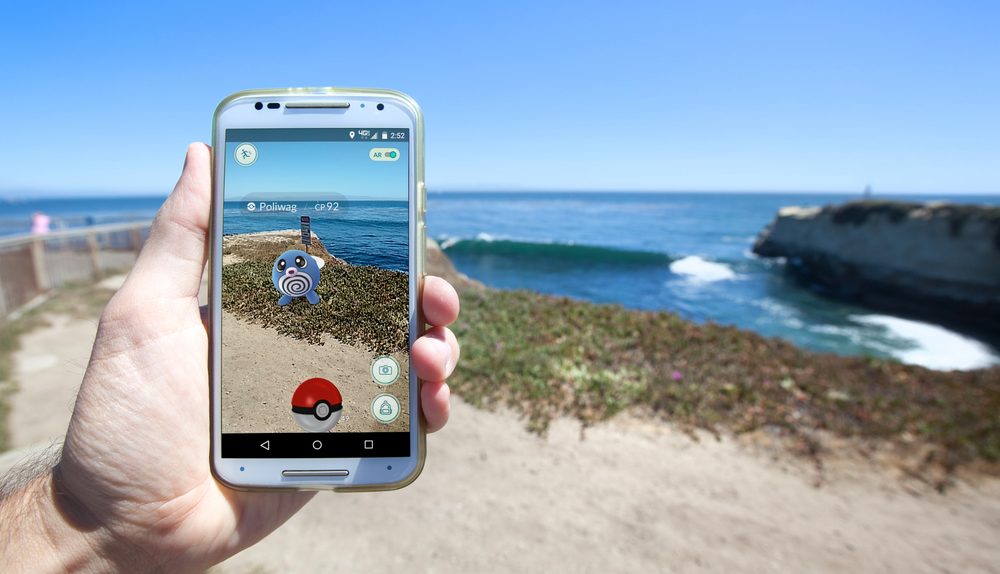John Hanke, the genius (yes, genius — get over it) behind Google Earth and Pokémon Go: Before delving into a profile of John Hanke, we’ll first quickly run through the essentials behind understanding the global phenomenon of Pokémon Go.
What? Pokémon Go is a mobile app game that costs nothing to play (but allows for in-app purchases of game currency) and has so far only been officially released for the iOS and Android in Australia and the United States less than a week and a half ago, the EU last Wednesday, and yesterday in the UK. Despite not yet being officially released in Egypt, players here have already cracked the app and are playing (the countdown to arrests for playing Pokémon Go begins now). The augmented reality game overlays cartoon Pokémon characters in the real world around you by using smartphone cameras. The characters appear, or spawn, at set coordinates, which players find using their phone’s GPS.
Ok. So? Despite being released officially just nine days ago, the game has been downloaded at least 7.1 mn times (and those figures are from Monday, so expect the current figure to be much higher) and is generating USD 1.6 mn in daily revenue. The game is responsible for doubling gamemaker Nintendo’s stock price, adding about USD 9.3 bn in market capitalization for the company in the past week. However, is that exuberance for Nintendo justified? Lianna Brinded from Business Insider points out that many analysts are still recommending Nintendo as a Sell. Brinded quotes Jay Defibaugh, an analyst at Asian investment bank CLSA, as saying: “We think that the economic benefit to Nintendo from the title is unclear. The title is not associated with Nintendo and DeNA’s partnership in-app games, so the success of Pokémon Go has no direct positive read-through for DeNA… Nintendo receives royalties for Pokémon titles but surprisingly little direct profit.” The game’s developer is Niantic, an internal startup at Google whose CEO and founder is John Hanke.
Wait, before you get to Hanke, why has this game struck such a nerve? Our guess is twofold: First, the game is capitalizing on millennial nostalgia — the children of the ‘90s are the young adults of today, and they’re finally getting to not just play something Pokémon-themed, but to recreate what the game and cartoon series was actually about — physically collecting Pokémon characters and using them to battle other Pokémon players. The way you may like Star Wars, Star Trek, or whatever it was you grew up with, millennials have finally found their own nostalgia. Secondly, the game is wildly successful because it accomplishes what Hanke explicitly set out to do— get people out of their house, running around outside and exercising, and meeting and socializing with real people. How many other video games can make the same claim?
Ok, fine whatever, I’m still bitter. So who’s this John Hanke? He’s just the dude who created one of the first ever MMOs (massive multiplayer online) games, helped create this little thing called Google Earth, and now Pokémon Go. For a good profile on the man, see this piece by his alma mater Berkeley, where in text and video he recounts that on his application in 1996, he stated he wanted to create games using geospatial visualization that would get people outside and socializing. (Read The Man Behind Pokémon Go: John Hanke, MBA 96)



